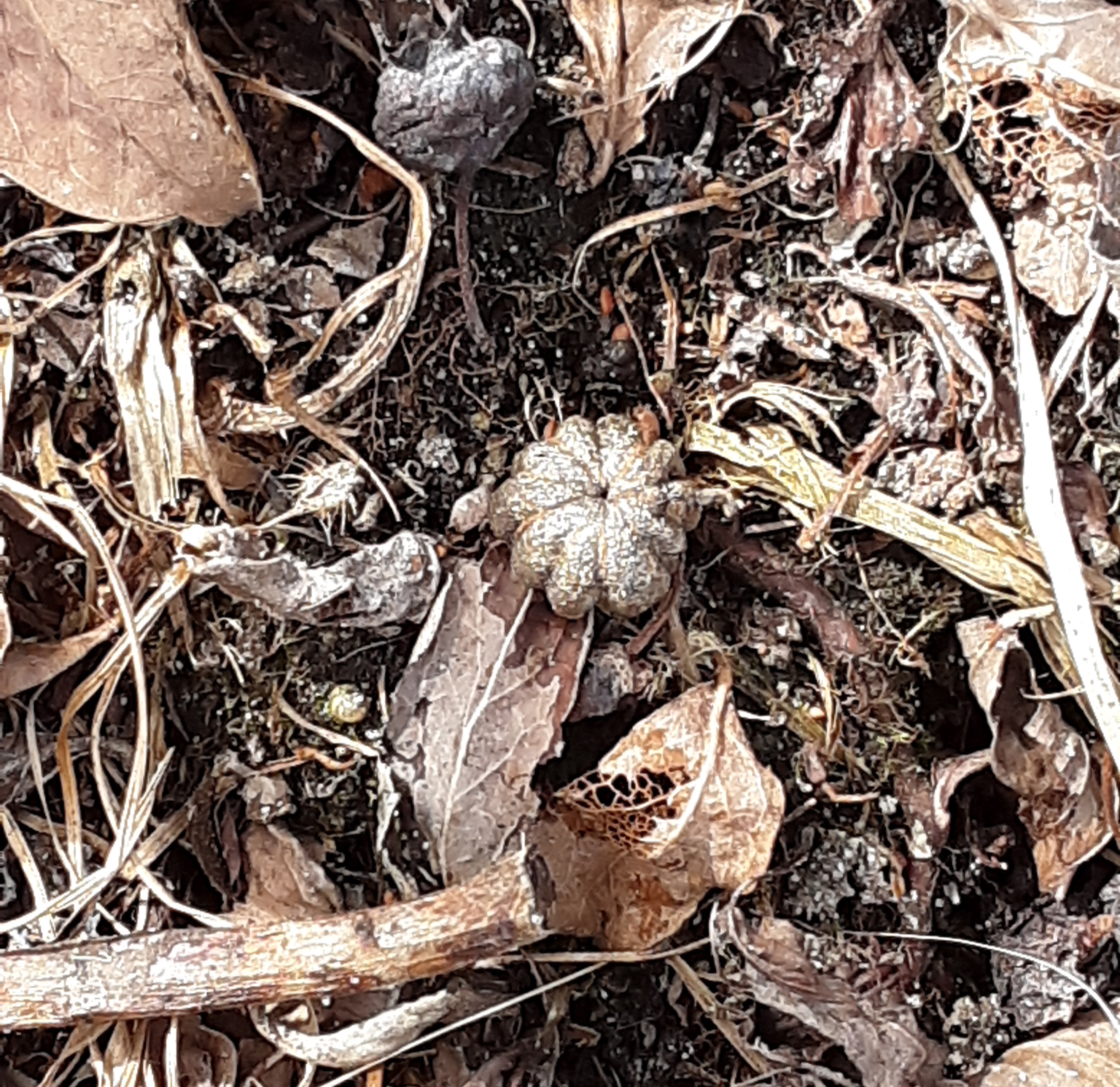West central Michigan small fruit update – April 21, 2020
The small fruit crop season is underway in west central Michigan. Blueberries, strawberries and raspberries are coming out from the dormant stage but prevailing low temperatures are delaying plant growth and development.

West central Michigan started seeing an increased activity in fruit farms despite the situation created by COVID-19, the infectious disease caused by novel coronavirus. Farm workers and other workers employed in agricultural activities considered essential started operations following the recommended guidelines to keep growers and farm workers safe from contracting the virus.
During the past two weeks, small crews of farm workers finished pruning blueberry fields. Workers were keeping a good distance between them while moving through the fields. In addition, insecticide and fungicide applications are in progress. Pesticide applicators are following all recommended guidelines as well. However, due to the demand for facemasks and filters and related personal protective equipment (PPE), finding cartridges for replacing the respirator filters is becoming an issue. Most common sources in the area are sold out and growers are having a hard time finding a supplier.
Another important activity taking place at this moment is removing old fields. Some blueberry growers started removing fields planted with Jersey and other blueberry stem gall wasp-infested varieties. In Ottawa County, at least 100 acres have been removed so far (Photo 1). Removing those fields will have a minimal impact on the 2020 Michigan blueberry production. Removed fields were already at the end of their productive life, and with the outbreak of blueberry stem gall wasp, maintaining them was very expensive if we consider the cost for spotted wing Drosophila management in addition to expenses for blueberry stem gall wasp control.
Currently, blueberry growth stages vary from bud swell to budburst in most varieties. Bluecrop and Duke are in the budburst stage in Ottawa, Allegan and Van Buren counties. In the same manner, Elliott and other mid-and late season varieties are in bud swell stage.
Despite several nights with temperatures below freezing at least in Allegan and Ottawa counties, no freeze/frost damage has been observed in Bluecrop or Duke blueberries.

On particular problem requiring growers’ attention is disease management. Mummy berry is present in fields that had a mummy berry problem last year. That was a major problem at bloom because weather conditions, too much rain during the bloom period, did not allow to enter the field with the application equipment in time to stop mummy berry infections. Scouting conducted on Monday, April 20, in fields that reported damage in 2019 indicated the presence of numerous mummified fruits around bushes (Photo 2). Those mummies will start producing the classical mushrooms as soon as the rains or light snow provide the right conditions for germination.
Therefore, it is recommended to scout fields if you had a problem in 2019 and take the appropriate preventive actions. For recommended fungicides and doses, please check the 2020 Michigan Fruit Management Guide (MSU Extension Bulletin E0154).



 Print
Print Email
Email
